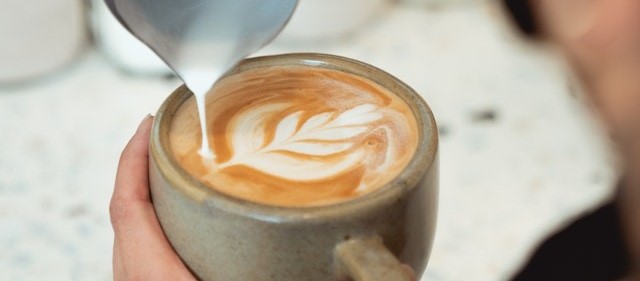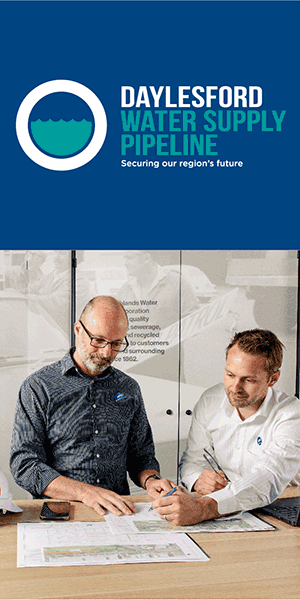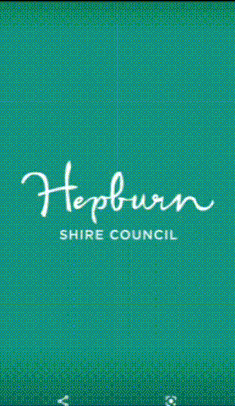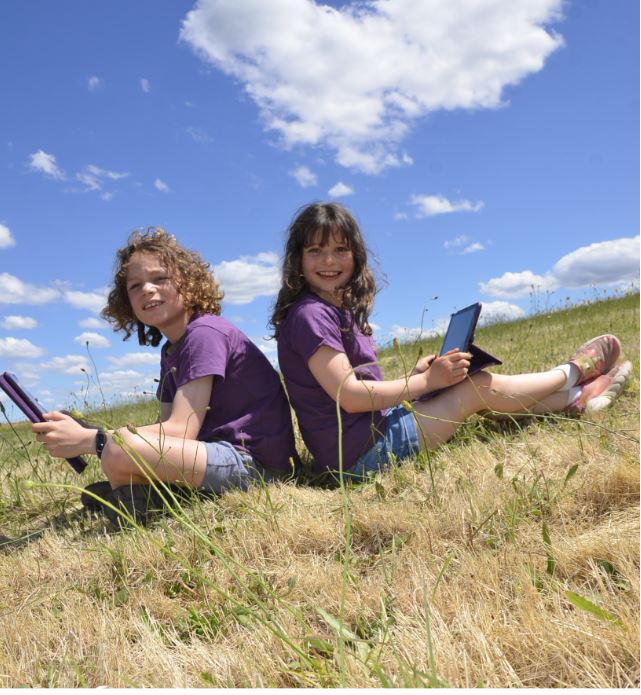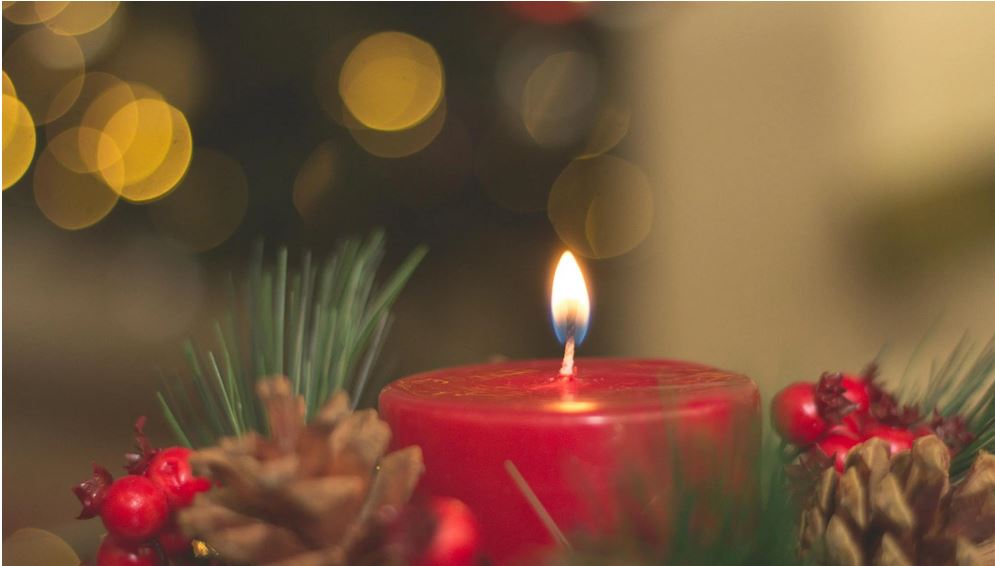October 4th, 2021Battles continue for hospitality businesses
HOSPITALITY businesses around the Central Highlands are doing it tough as Melbourne remains closed and inside limits remain at just 10 people per building.
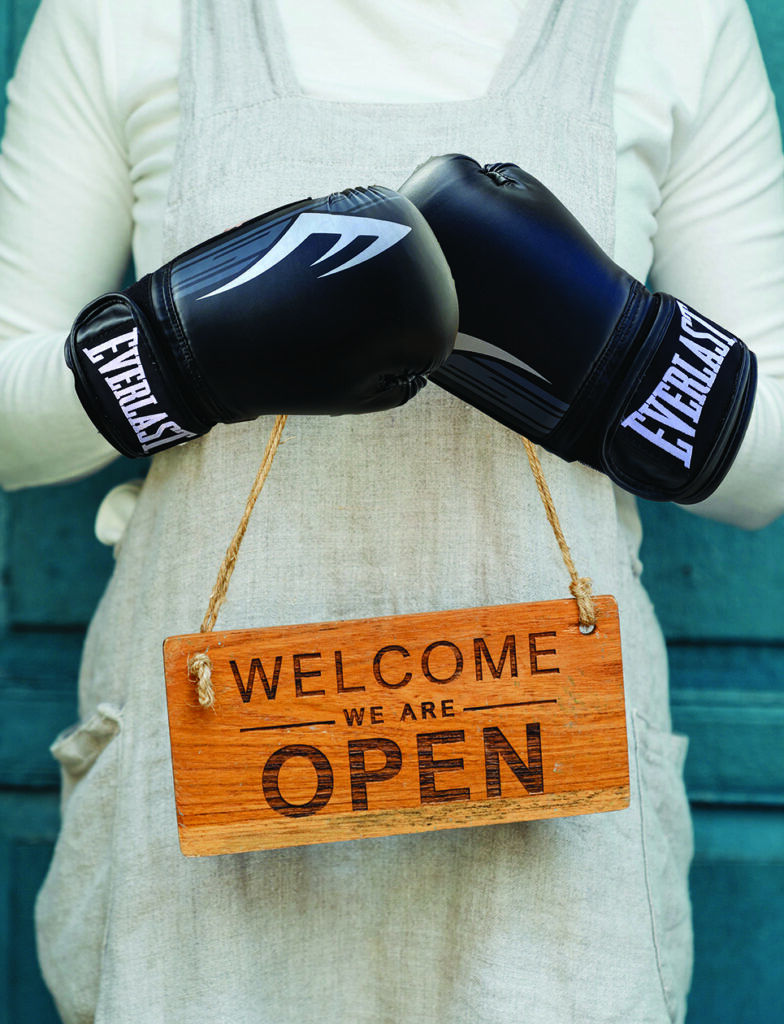
Many have chosen not to reopen, or to continue with just takeaway, while others are doing all they can to keep their doors opening by extending outdoor spaces for another 20 patrons.
But with the fickle weather of spring, it is proving difficult to serve customers outside with sudden rainshowers, and limits already met inside, meaning patrons may have to leave their meals and drinks and head home.
There are also many concerns about owners and staff acting as quasi bouncers when it comes to checking identification and eventually vaccine passports. There have also been reports of patrons refusing to wear masks with the excuse they have an exception – but then refusing to show that exemption due to privacy issues, apparently backed up by the Victorian Equal Opportunity & Human Rights Commission. (Read the end of Just sayin’… on page 22.)
Daylesford Macedon Tourism chief executive officer Steve Wroe said many hospitality businesses were “deeply unhappy” about the 10-person limit.
“It really means they can’t trade profitably and the restriction is so onerous there is no point in opening. Even if the business is open for takeaway and they have staff and power on, it still doesn’t make sense for them to open indoors.
“The reason the government has put that level of restriction on is the public health justification and it is not for me to second guess that or argue against that but what we are saying is fine, if you want to put the restrictions in place for God’s sake make sure the business support packages are maintained.
“The overriding fear among tourism businesses is that the government says regional Victoria is open so we can pull that funding support.”
Mr Wroe said he met regularly with state government ministers and had made it clear ongoing support was needed. He said if Melbourne was closed, from a tourism point of view, regional businesses were unable to trade profitably.
Mr Wroe said he, and other tourism leaders, were also asking for a wage subsidy to be put in place for tourism businesses.
“I am saying to ministers that the reason for this is that we are 18 months into this pandemic and businesses have burnt through all their cash reserves. They don’t have anything else to lean on and they need something in place to keep their staff.
“With Melbourne closed the biggest risk is that the support is pulled, they have to let staff go and then they are not in the position to handle the volume that comes from Melbourne. If that support does not stay in place until Melbourne opens up then the shit will hit the fan.”
Mr Wroe said he was open to the idea of vaccine passports eventually being trialled in regional Victoria but not until there was a clear plan in place on how it will work, and with strong support for businesses.
“My concern is there was enough grief with businesses just doing the ID check on whether people were from Melbourne, and while that is not a particularly contentious issue, it’s pretty black and white, something like vaccination is different.
“We know there is a percentage of people who are anti-vax and a percentage of them are pretty militant about it. It is a much trickier situation for business owners and staff to manage. It only takes one anti-vax militant to get in front of some poor young person and it could blow up.”
Daylesford Boathouse Restaurant co-owner Susanne Devine said the new density limits had caught her and partner Claire Levine by surprise. “We thought we were going back to the same density limits but then heard it was only 10 people inside. I thought it might have been a joke.”
The pair decided not to reopen their business with limits making it impossible to trade profitably. And while they have an outside area it could not be relied on with spring or even summer weather.
“If we had people outside and it got cold, or rained, we can’t bring them in. And we are a restaurant, we have to cook food and serve perhaps three courses.
“Our patrons might be with us for a couple of hours. Everyone knows what spring is like in the Central Highlands and we couldn’t have even relied on last summer.”
Ms Devine said the latest limitations had been the most difficult, leaving many hospitality owners in limbo and unable to take forward bookings. But she said most people were very understanding. “People are fantastic and as soon as they realised we could only have 10 people inside understood it was just not viable.”
Ms Devine said the introduction of vaccine passports would be welcome but difficult, using up time and labour to police.
“But we had that with licences for ID and people became very good at having them ready for you to look at when they arrived. They were really getting better and better at that. And while I think there will be a little bit of a kickback with the passports, it is just something we will get used to. It will just work.”
Meanwhile, the state government’s roadmap out of Covid includes making vaccines mandatory for a range of workers including hospitality staff.
Premier Dan Andrews told media that the specifics of how a vaccine passport would work were still being worked on by the National Cabinet, but there would be provisions for people without smartphones.
Words: Donna Kelly | Image: Kyle Barnes & Pexels


